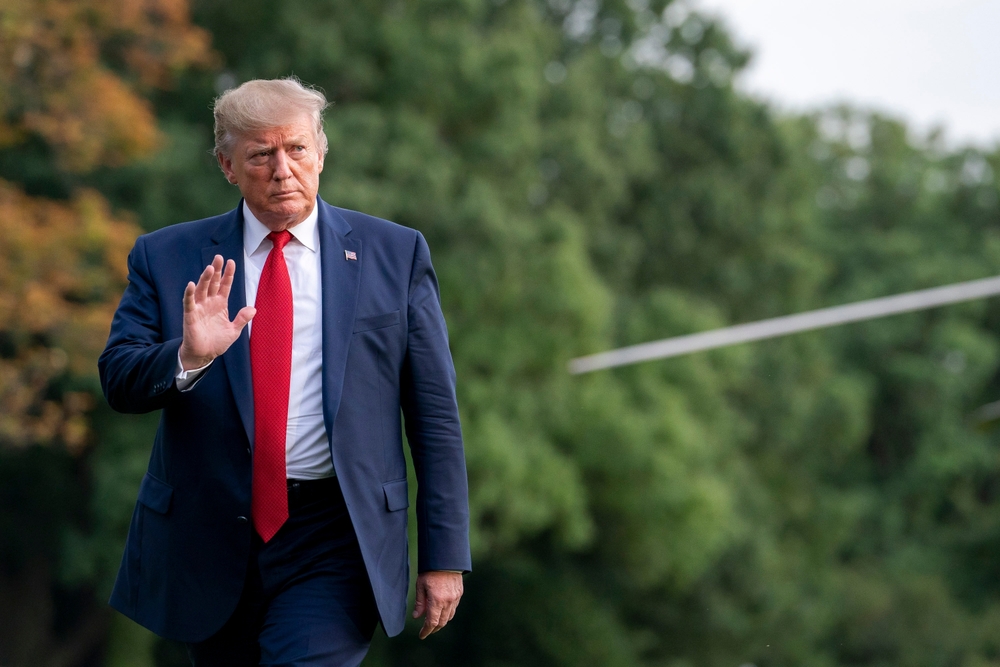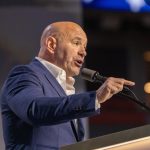Ivory Tower Uprising: US Universities Rebel Against Trump's Authoritarian Demands
In a dramatic confrontation between academia and federal authority, leading U.S. universities are openly defying President Donald Trump's administration, rejecting demands that critics argue threaten academic freedom and institutional autonomy.
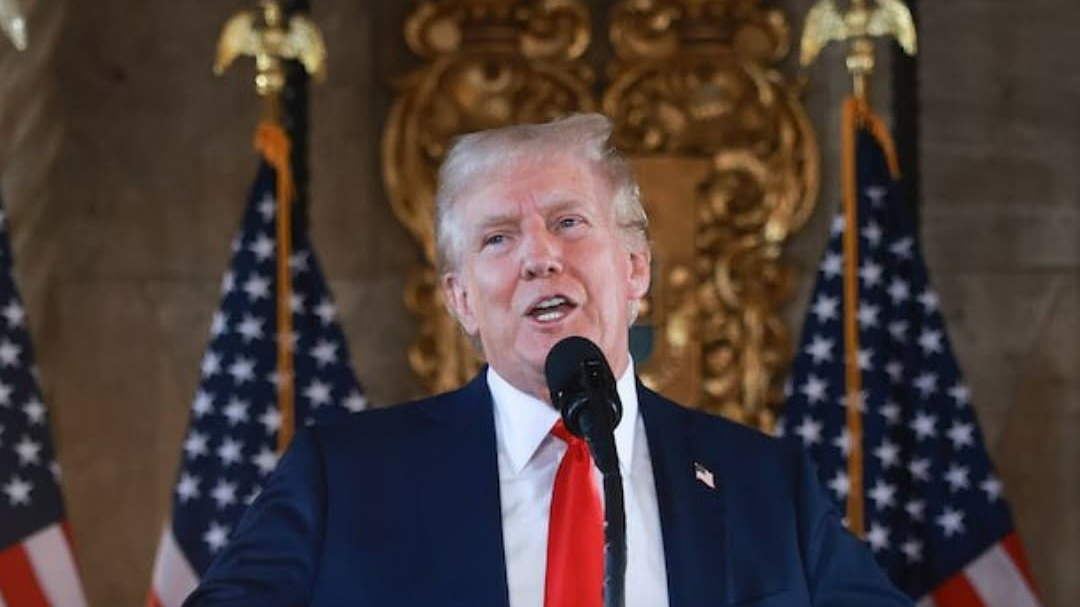
Harvard Leads the Resistance
Harvard University has become the epicenter of this rebellion. The Trump administration issued ultimatums demanding the dismantling of diversity, equity, and inclusion (DEI) programs, audits of ideological diversity among faculty and students, and the submission of records concerning alleged misconduct by foreign students. In response, the administration froze over $2 billion in federal grants, threatened Harvard's tax-exempt status, and warned of revoking its ability to enroll foreign students.
Harvard President Alan Garber firmly rejected these demands, citing constitutional concerns and defending the university's autonomy. He stated, "The University will not surrender its independence or relinquish its constitutional rights."
Related: Harvard Faces $2.2B Federal Funding Freeze Amid DEI Policy Clash
Related: The Promise of Power: Is Donald Trump Leading Us to Tyranny?
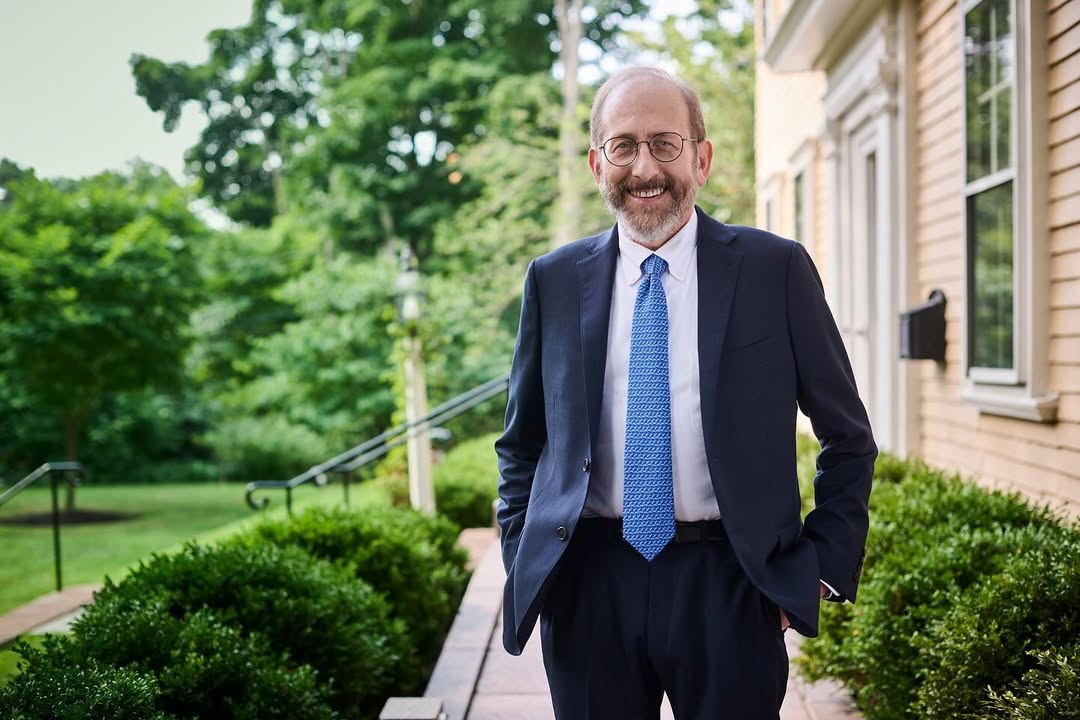
Alan Garber- Harvard President
A Coalition of Defiance
Harvard's stance has galvanized support from other prestigious institutions. Universities such as Columbia, Stanford, and Princeton have expressed solidarity, emphasizing the importance of academic freedom and resisting political overreach. Former President Barack Obama and Massachusetts Governor Maura Healey have also voiced support for these institutions.
The administration's actions are part of a broader campaign targeting universities, threatening funding over diversity programs, transgender policies, and perceived anti-American ideologies.
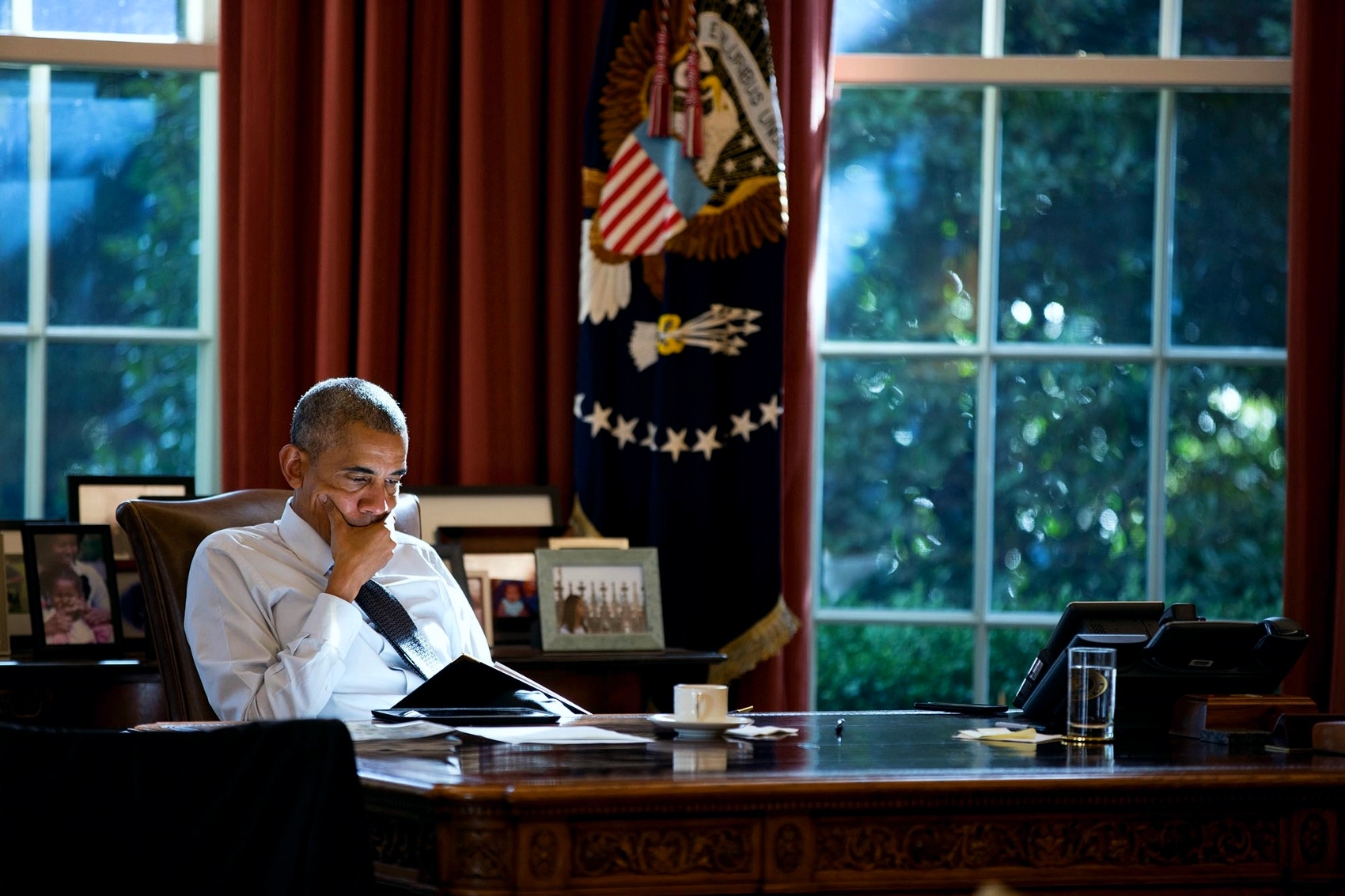
Legal and Ethical Implications
Legal experts argue that many of the administration's demands may not be lawful. Jameel Jaffer, executive director of the Knight First Amendment Institute at Columbia, stated, "They can’t require Columbia to take the steps that they’re demanding... without completely destroying its credibility as an independent institution of higher education."
The administration's actions have sparked widespread concern about the erosion of academic freedom and the potential chilling effect on research and discourse within higher education.
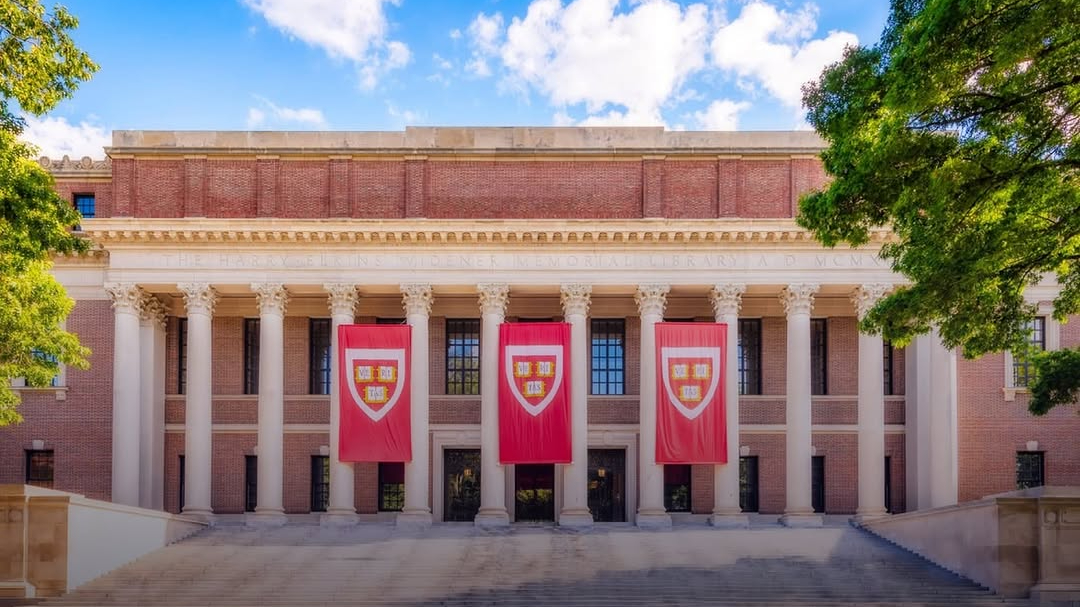
The Broader Impact on Academia
The conflict has ignited nationwide protests and debates about the role of higher education in society. Demonstrations like "Stand Up for Science 2025" have emerged in response to perceived threats to scientific research and academic integrity.
As universities navigate this turbulent landscape, the outcome of this standoff may redefine the boundaries between federal authority and academic independence in the United States.
Conclusion:
The Trump administration's aggressive tactics represent a direct assault on the foundational principles of higher education. By attempting to coerce institutions into compliance through financial threats and policy mandates, the administration undermines the very essence of academic freedom and intellectual inquiry. Universities must stand firm against such overreach to preserve their autonomy and the integrity of education in a democratic society.

